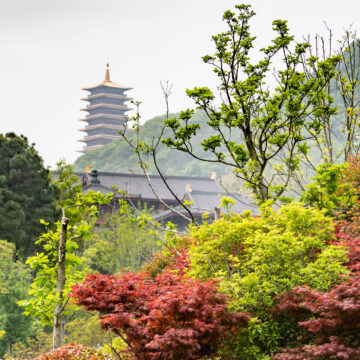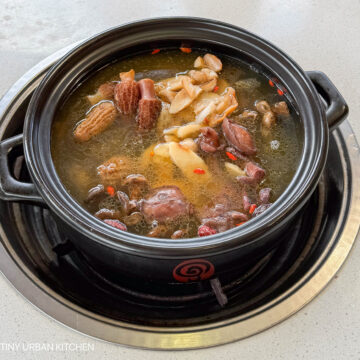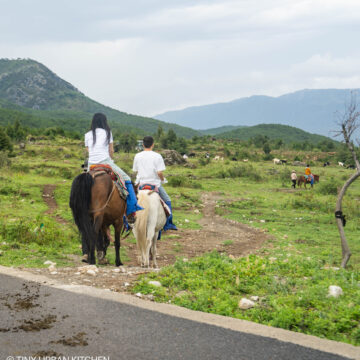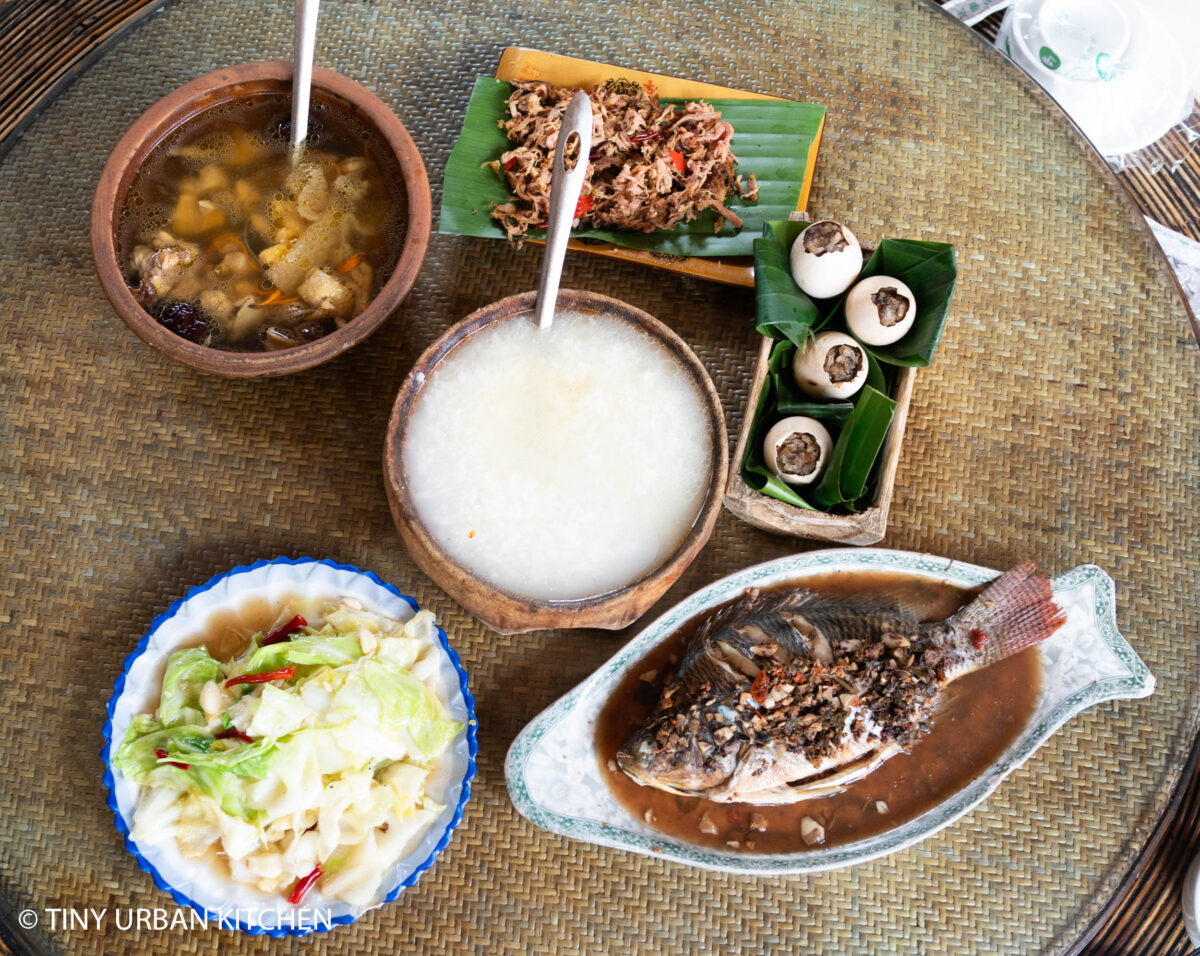
This post is part of a larger series detailing my trips to China earlier this year in 2023. Other posts in this series include Guilin & Yangshuo, Guilin & Yangshuo (Food + Lodging), Hangzhou, Yunnan (Poisonous Mushroom Hot Pot), Xishuangbanna Dai Culture & Cuisine, Xishuangbanna Gaozhuang Night Market, and Foreigners Navigating Post-Pandemic Travel in China.
On this trip, we had hired a tour guide to take us around during our three days in Xishuangbanna. He was actually a friend of a friend, and was from the Hani minority group.
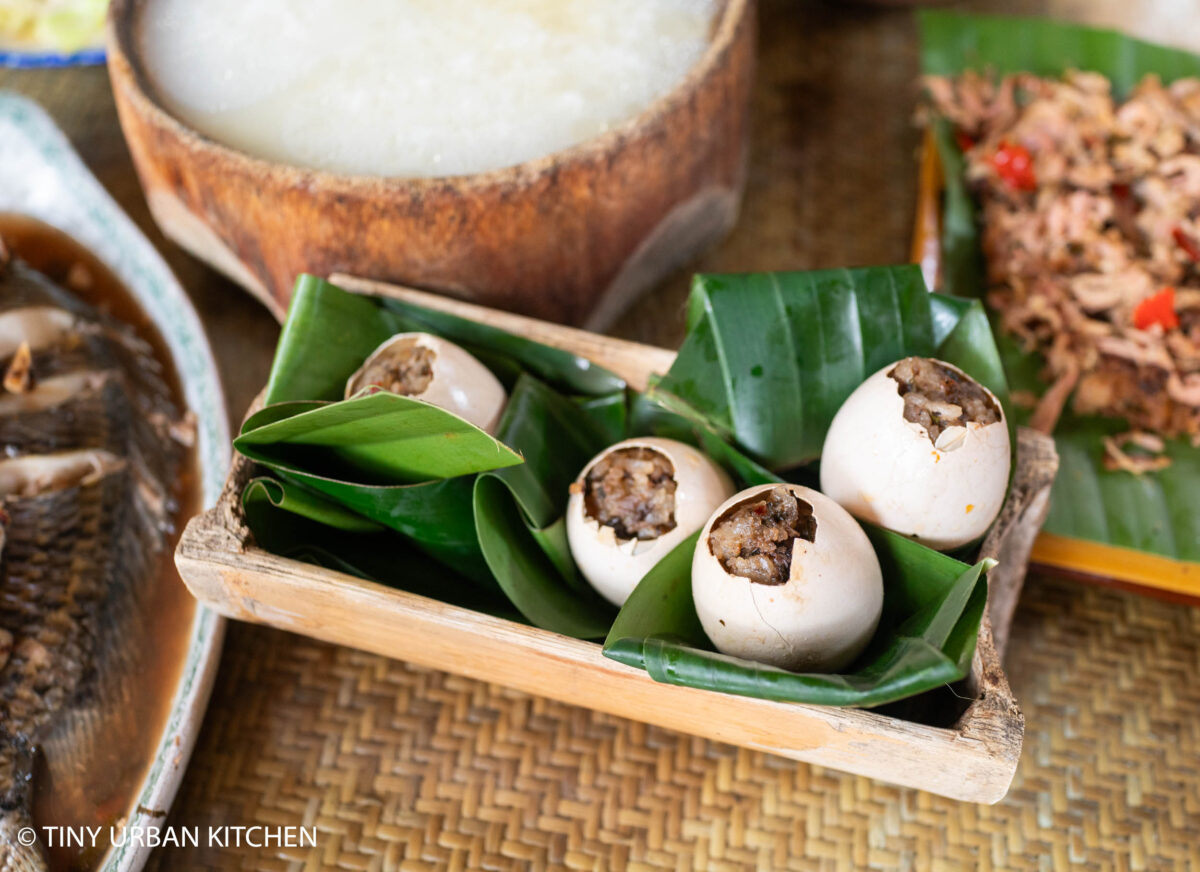
Hani is the second largest ethnic minority group in Yunnan Province (Dai being the largest). The Hani have their own spoken language, though there is no written language.
Hani Coffee

Our tour guide Jason worked part-time at a coffee shop called Hani Coffee, opened by an Australian who was fluent in Chinese and had a passion for making high quality coffee beans grown in Yunnan Province.
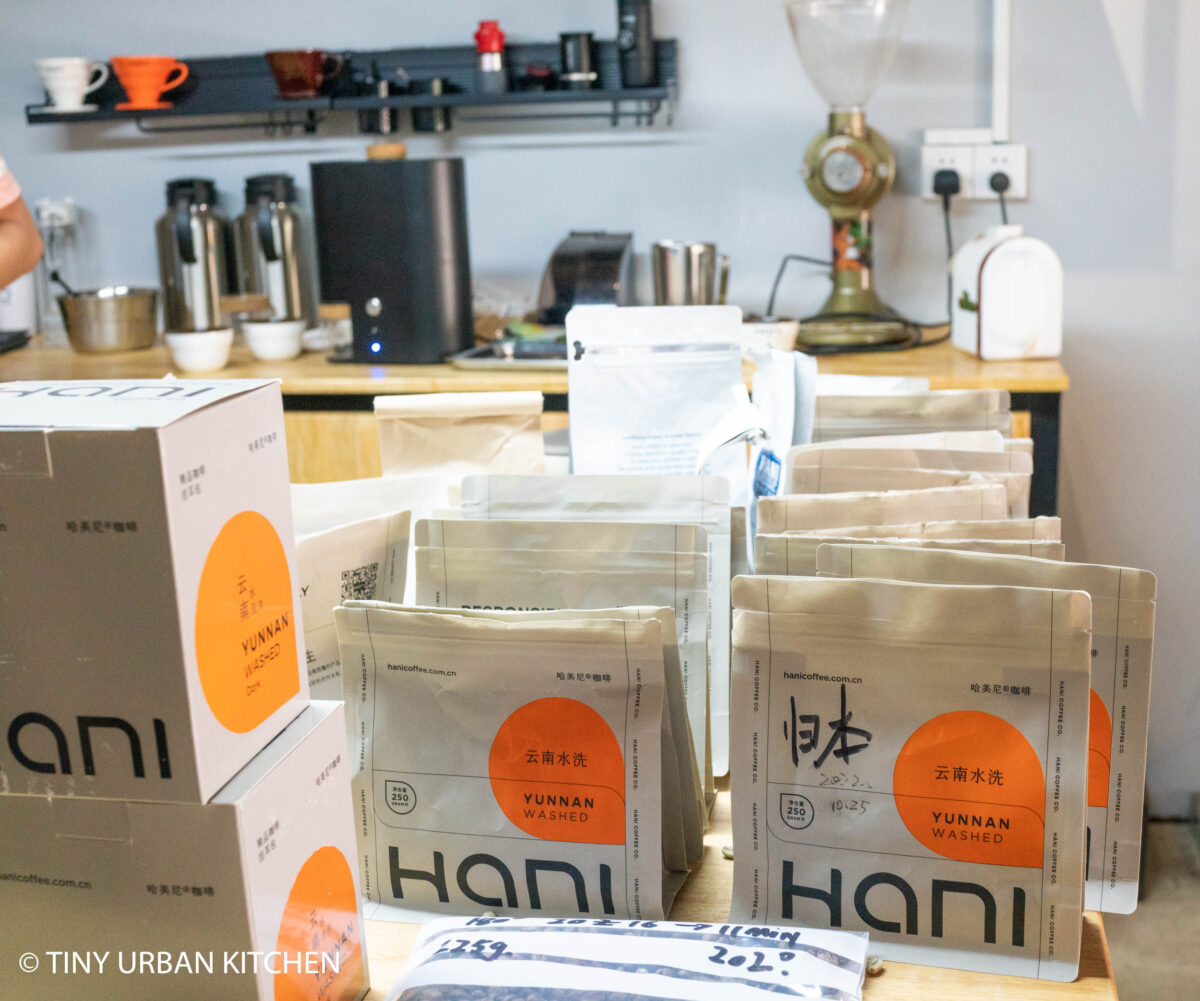
We had a lot of fun tasting different types of coffee. We even tried some coffee "tea", a tart drink made from steeping leftover coffee fruit in hot water. It's really quite interesting!
We bought a few bags to take back. Apparently you can buy these on Taobao all throughout China.
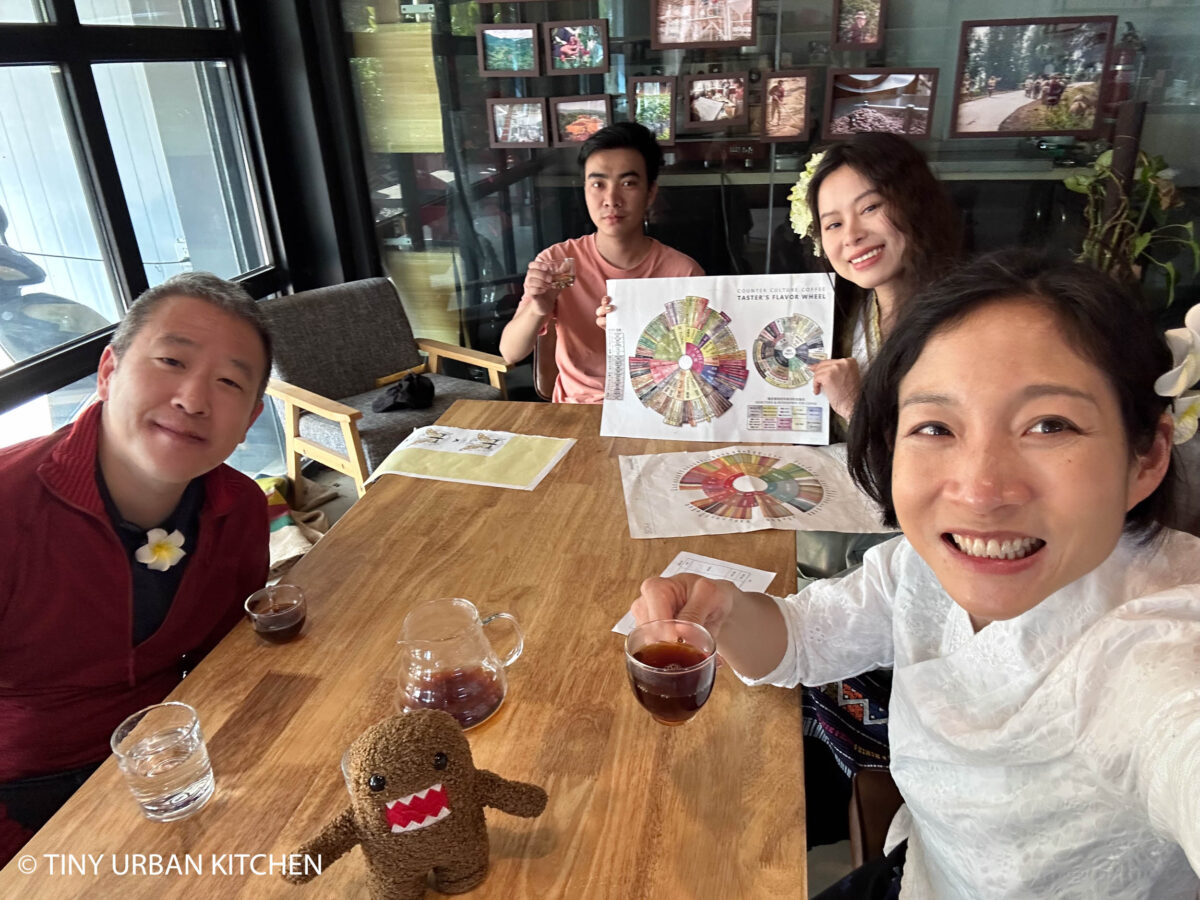
We also asked Jason whether he could take us to a place to enjoy a very local Hani dinner. Jason warned us that Hani food was much more homestyle, much more basic. It's not as famous as Dai cuisine, and I can see why. It doesn't have the vibrant flavors that characterizes Dai food.
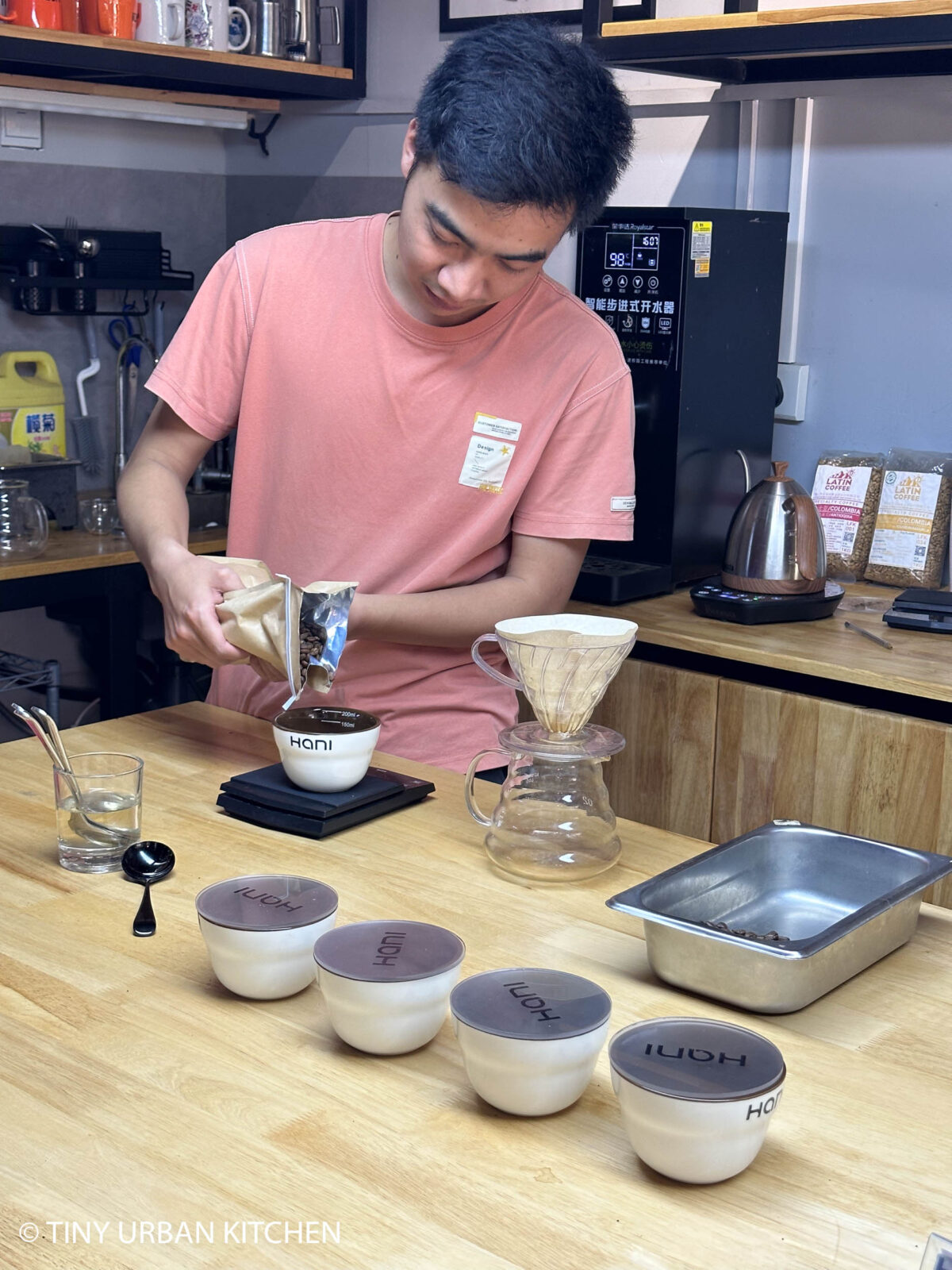
Despite his "warnings", we told him we really wanted to experience the food of his culture. He finally ended up bringing us to this very local place, owned by a family friend who he grew up with.
Traditional Hani Food
Going to this restaurant with Jason was like visiting the home of an old friend. The moment we arrived the owners welcomed us warmly with the utmost hospitality.
The husband was actually Chinese (from Shanghai), and the wife was full-blooded Hani. They had met in Shanghai and lived there for some time, but then decided to come back to Yunnan, to her hometown, and settle in one of these villages.
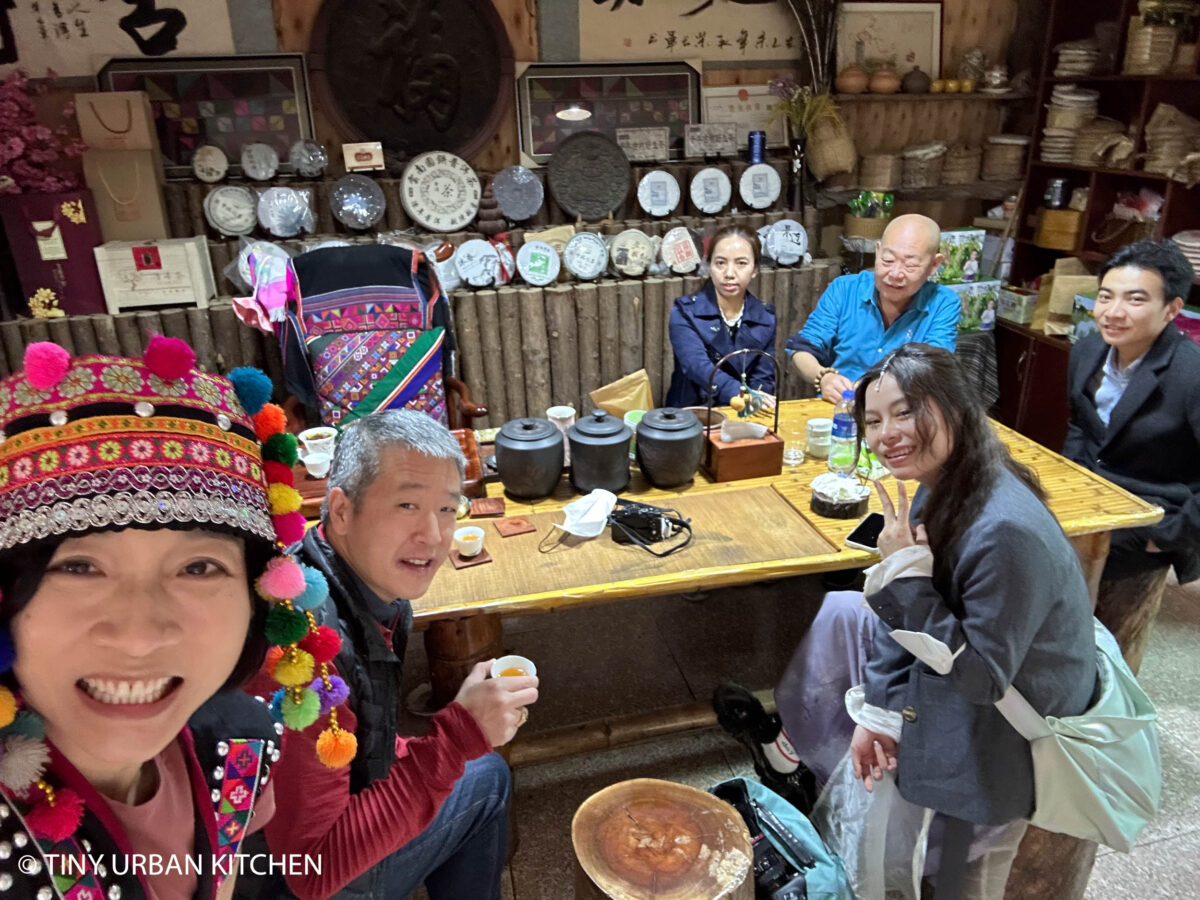
The guy really got along with us (he was very, very chatty), and invited us to have tea with them after the meal. For fun, they let us wear their traditional clothing.
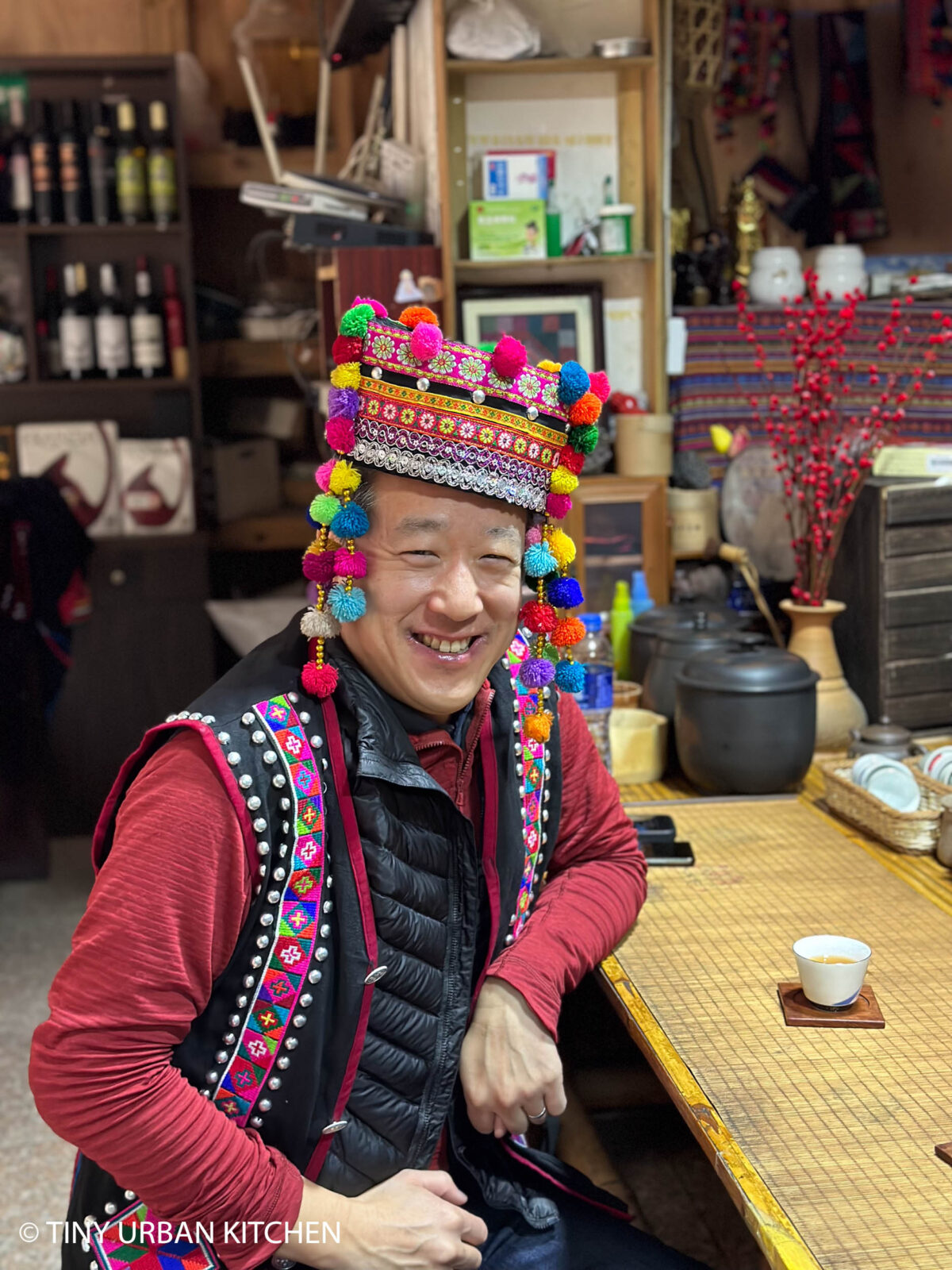
Hani Food
And then we had a chance to sit outside (again, on these low to the ground stools) and enjoy this traditional Hani meal.
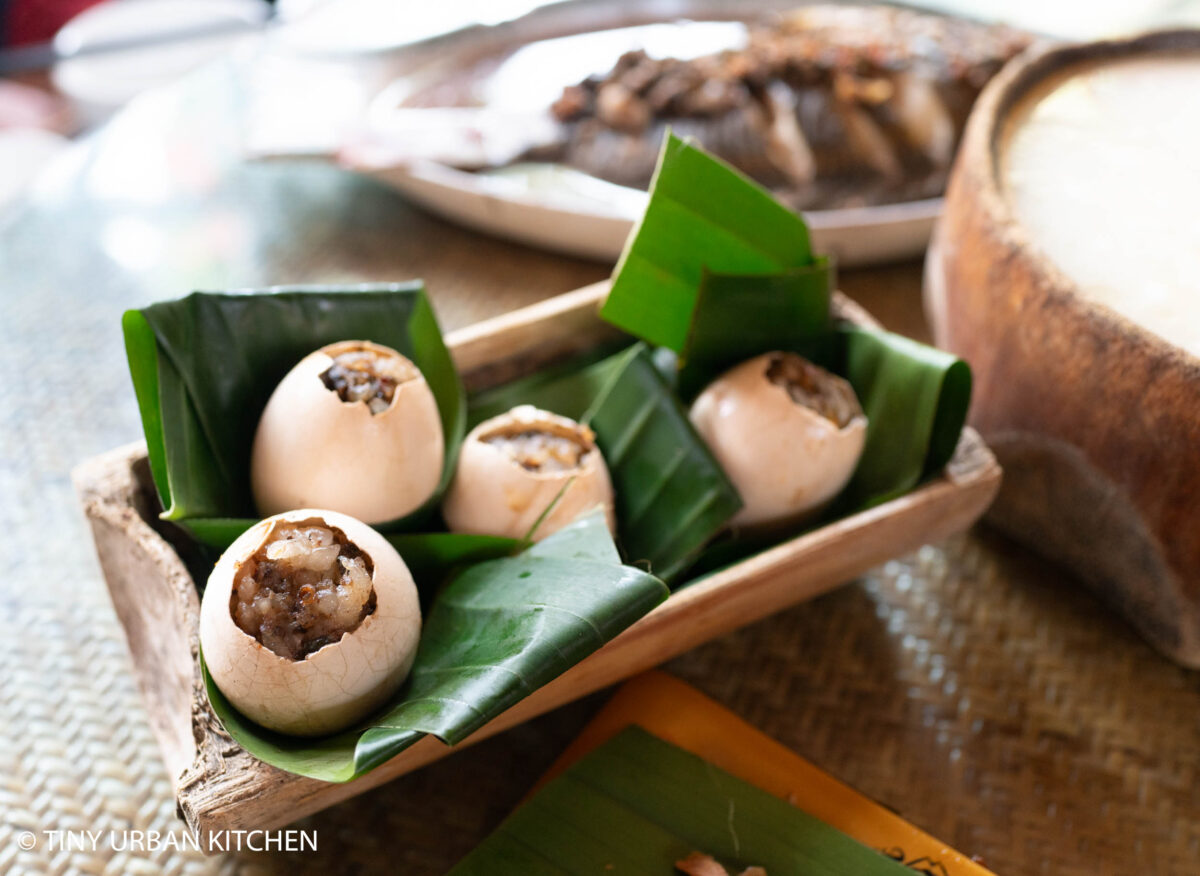
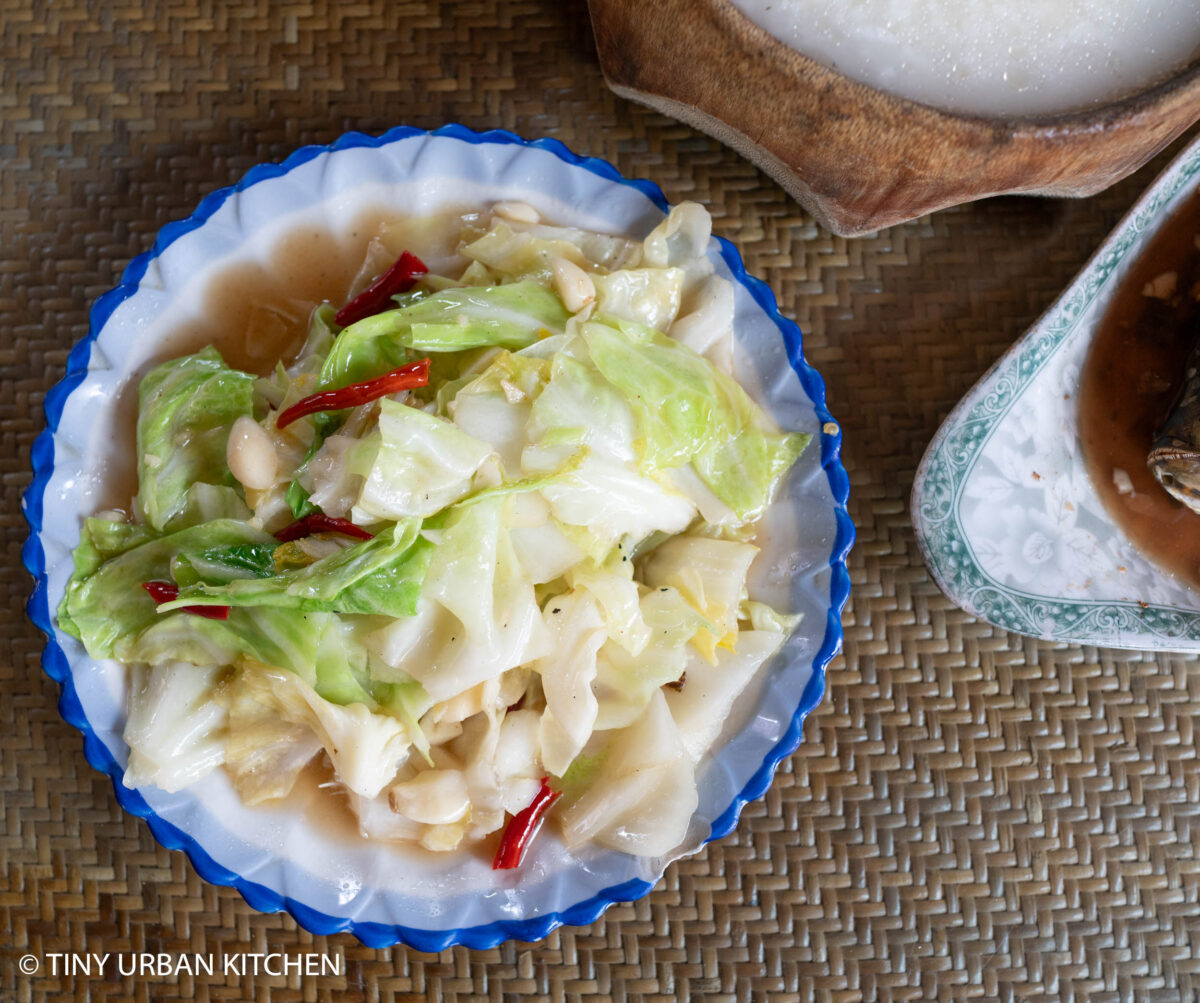
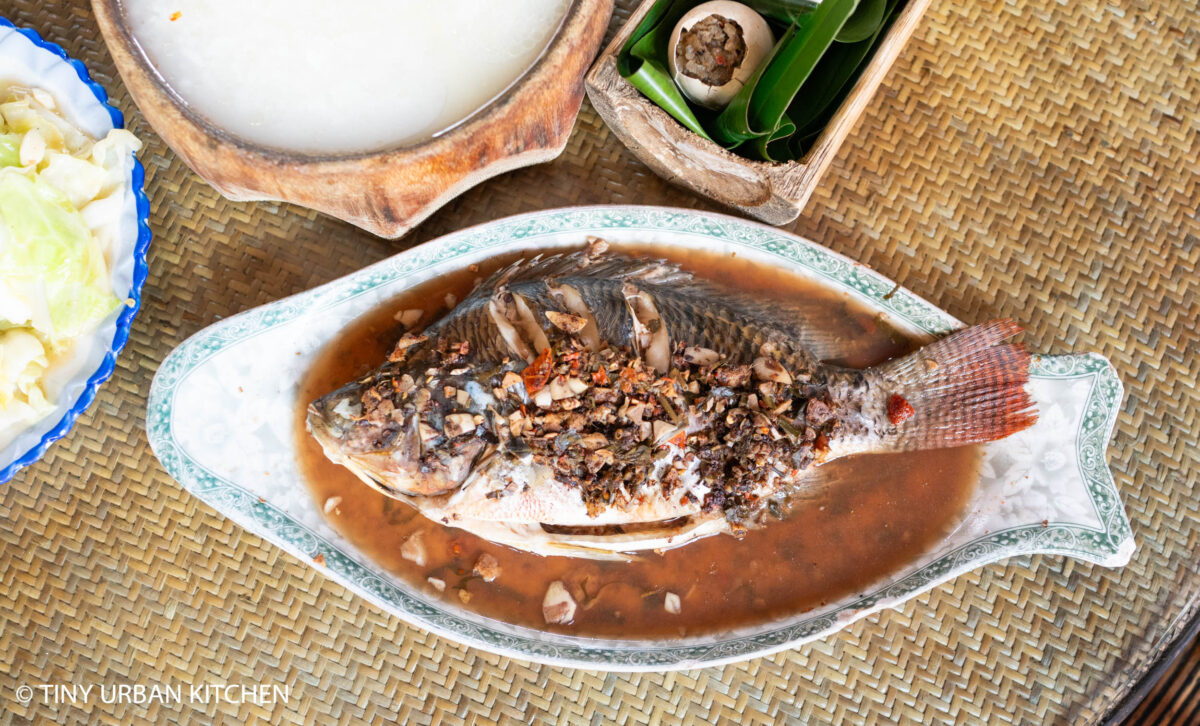
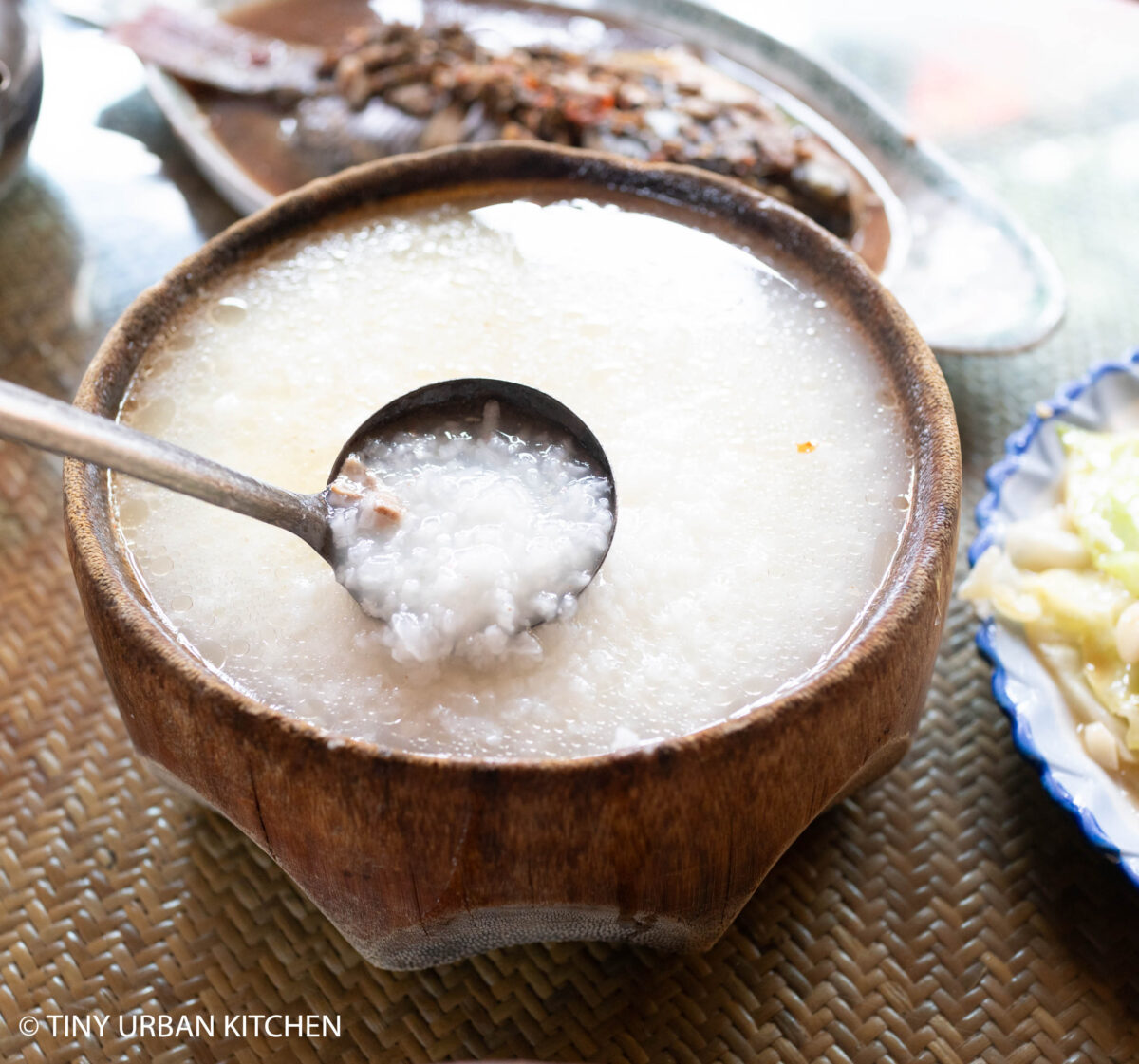
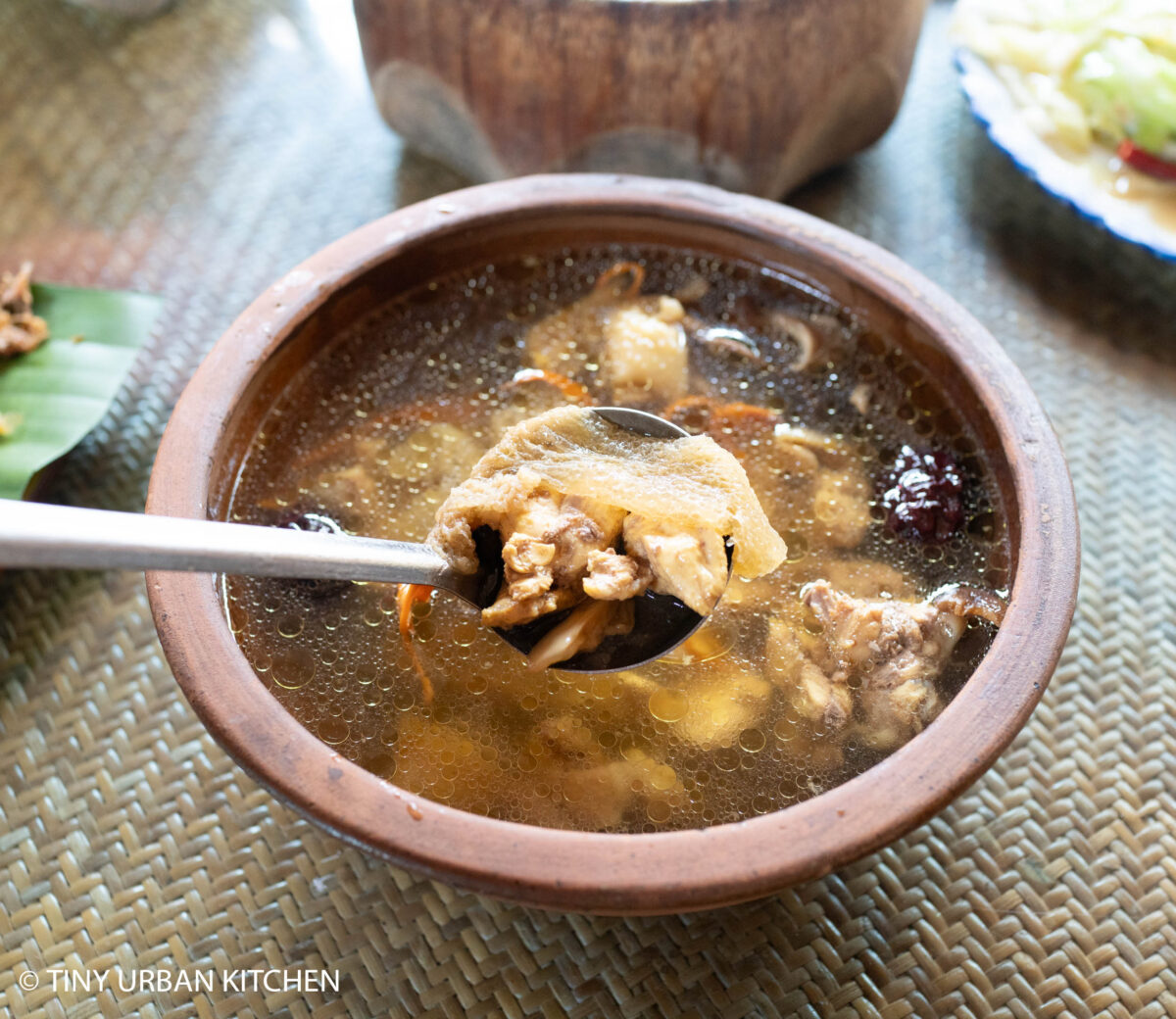
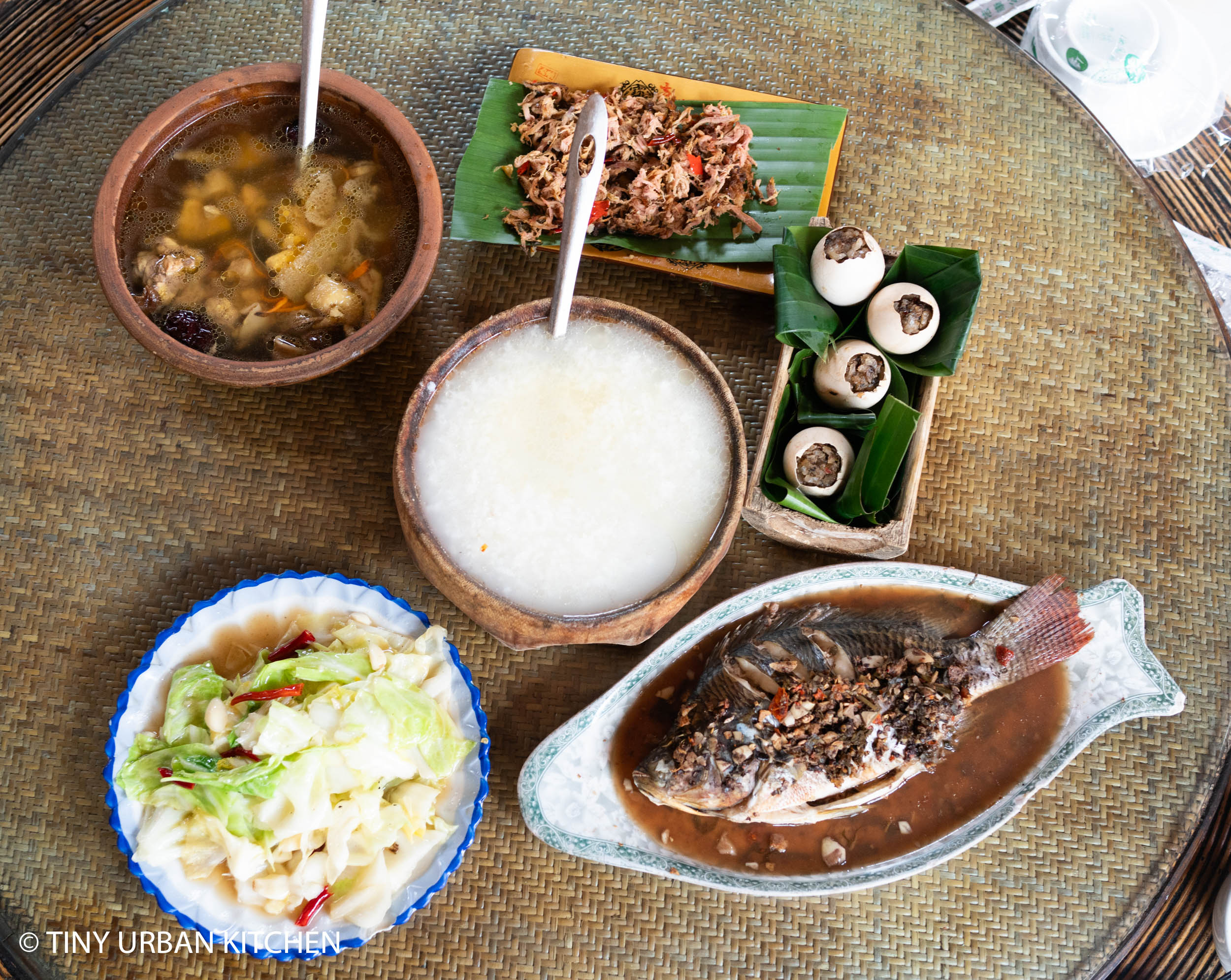
What a unique experience! The food was lovely, and we really cherished hearing stories about this couple's experiences moving "back" to Yunnan. It was also very interesting to see how Hani food was quite different from Dai food. Definitely not as strong flavors, more simple and comforting.
As we got up to leave, the warm and friendly couple beckoned us to come back soon.

